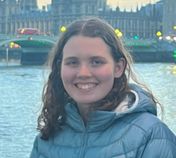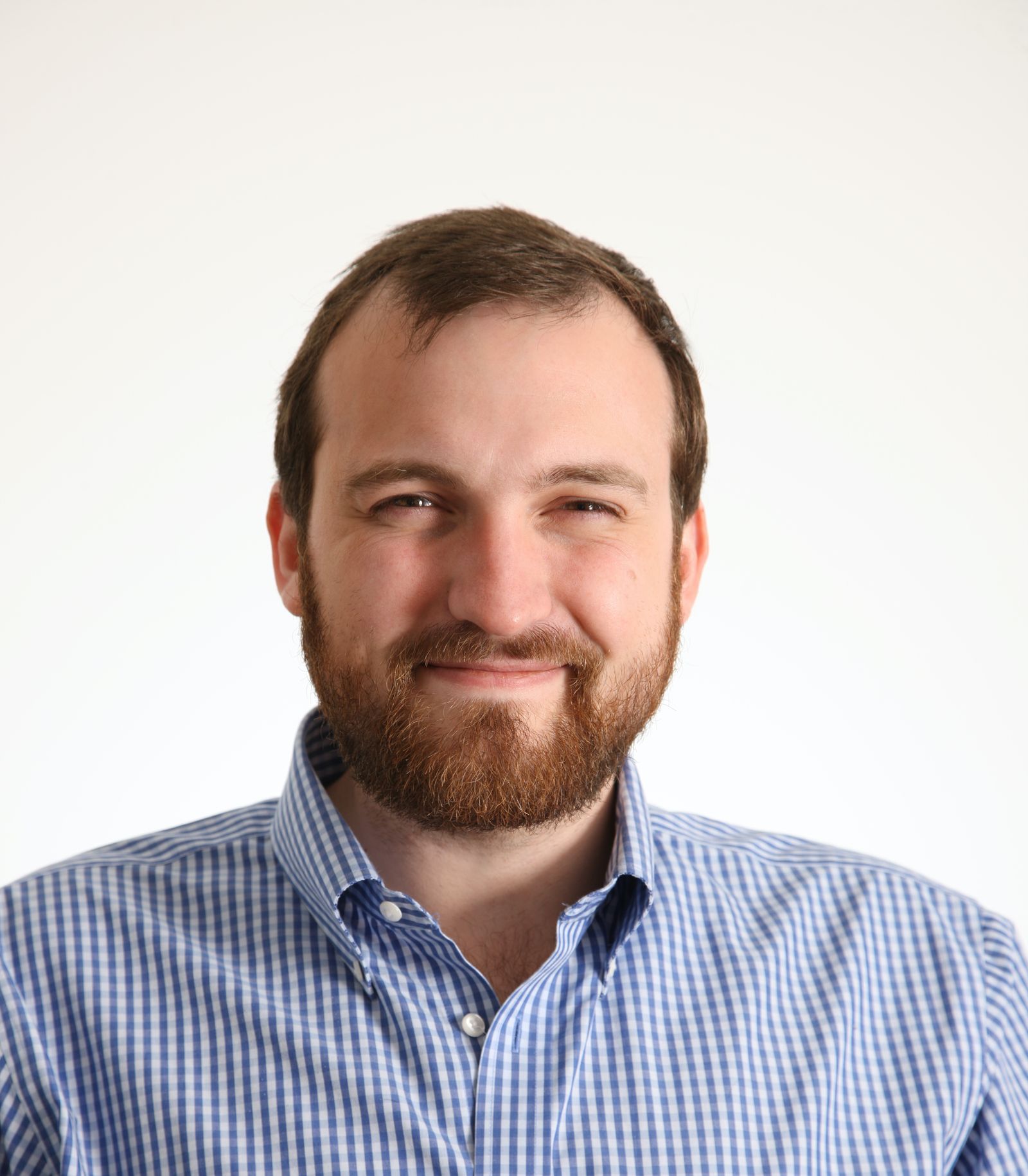On an early morning in May, residents of Dakar gazed upon an increasingly familiar sight: rocks flung by protestors at police, blocked roads, and lit fires in residential areas. The protestor’s dissidence did not go unnoticed. Police employed tear gas swiftly and detained others. The police’s confrontations quickly led to at least 16 deaths and 250 arrests across Senegal. These tensions are the aftermath of politicized prosecutions and electoral laws dampening political resistance throughout the nation. As the youth population of Senegal became increasingly disillusioned by the restrictive and repressive regime of President Macky Sall, opposition movements successfully called for Sall not to seek a third term. Yet, this outcome raises some fundamental questions: What will be the fate of Senegal? Will it regress further, as other states such as Guinea have? Will free elections be maintained and inequities addressed? And ultimately, will Senegal return to a complete democracy?
While Senegal has acted as a beacon of stability for the surrounding post-colonial West Africa, new challenges to democracy raise new questions, whose indefinite answers have both regional and global implications. In Senegal, new and largely unprecedented challenges to its elections, judicial process, and institutional success have disrupted, but importantly not derailed or destroyed, the norms of democracy that have the potential to echo into surrounding West African nations. More generally, however, this Senegalese conflict, if taken further, could present a dangerous forecast not just for West Africa, but for many nations where political rhetoric can undermine fundamentally democratic principles, and even more dangerously, institutions.
A Democratic Anomaly
Though peaceful transfers of power in Senegal have occurred since 2000, the policies of Senegal’s officials underscore a more ruptured and consistent struggle toward democracy. The last decade has been marked by mismanagement of public resources, embezzlement of taxpayers’ money at state-owned companies, and the undue influence of business people upon governmental activities. This corruption, ranging from the management of petroleum contracts to COVID-19 aid, has compounded over time to create widespread distrust among youth (a demographic that is decisively relevant due to three-quarters of the population being under 35), giving way to opposition movements based on promises of economic opportunity.
What has historically set Senegal apart as more democratic than its neighbors is its comparatively high levels of independent media, free expression, and social rights, particularly in contrast to nearby countries like Mali. This progress too has recently faced its own setbacks in the form of defamation laws. In June 2022, Abdou Bara Dolly, a parliament member, was arrested after remarks criticizing the President and charged under an article of the penal code for the offense of insulting the head of state. A month later, Dolly was granted temporary freedom, awaiting trial. In August, Papito Kara, a prominent activist, was arrested for a similar offense of disseminating false news. In September, Abdou Karim Gueye and Cheik Oumar Deiagne were placed in custody after making remarks against the state on television. Most recently, the opposition party was dissolved entirely. The propensity of Senegalese authorities to suppress dissent directly contradicts the principles the nation has set forth since its decolonization. Perhaps even more worryingly, the tools used by the government to muzzle criticism are almost entirely legal and exist within the nation’s penal law, thus weaponizing the very laws that also founded democracy.
Further detracting from Senegal’s democratic norms are its improving but imperfect rights for women and lack of rights for members of the LGBTQ+ community. Despite women contributing to over 50.3 percent of the nation’s GDP, composing 42.68 percent of parliament, and the country electing two female prime ministers, 27 percent of women aged 15 to 49 have reportedly experienced physical violence and 68 percent of these violence survivors never spoke out or sought help. LGBTQ+ rights in Senegal have also followed a winding trajectory, as “unnatural acts” of sex between same-sex individuals are criminalized with a penalty of up to five years in prison. If not reported, LGBTQ+ people are often forced into hiding, subjected to violence, or pursued asylum.
These factors come together to paint a picture of a nation and region stagnant in its progress toward democracy. In 2019, five of the twelve countries with the largest declines in democratic measures around the world were in West Africa - Benin, Burkina Faso, Guinea, Mali, and Nigeria. In Freedom House’s Freedom in the World report, Senegal moved from being categorized as free to partly free, leaving Ghana and Cabo Verde as the only free countries in the region. In many ways, then, Senegal is still a democratic anomaly. Soldiers run Burkina Faso, Guinea, and Mali. In the Ivory Coast, another former French Colony, President Alasane Ouattara is serving a third term, in a dubious, if not entirely incorrect reading of the constitution. In a region where democracy is hard to come by, Senegal could be a pillar of free elections and constitutional government. The question stands: will Senegal’s elections withstand both domestic and regional challenges to democracy?
Electoral Laws: The Final Frontier in Backsliding
Yet, these challenges are accompanied by simultaneous and frequently contradictory changes to bolster democracy. In 2016, Sall introduced a series of electoral reforms “anchoring constitutional stability” and “reinforcing the rule of law.” The measures ranged from reestablishing a five-year term for the presidency and limiting terms to two, to extending the National Assembly’s oversight abilities. Unsurprisingly, of the 38 percent of Senegalese voters who participated in this constitutional referendum, 63 percent approved the proposed amendments.
In the wake of this widespread support, Sall began to question, if not misinterpret, the application of these amendments as they began to limit his own power. In an interview earlier this year, he argued that the Constitutional Council agreed with his interpretation that his first term would not be included in the rules set forth by reforms. Sall noted, “Legally speaking, the debate has been settled for a long time. Now, should I run for a third term or not? It's a political debate, I admit it.” By pushing back on the system by which he was fairly elected, whether with malicious intentions or not, Sall calls into question the rule of law that Senegal has long fought to maintain since their independence.
A Caravan of Freedom or a Hindrance of Justice?
These electoral concerns are also followed by a series of judicial proceedings that continue to cast doubt on Senegal’s governmental authority. After placing third in Senegal’s 2019 presidential election, Ousmane Sonko emerged as Sall’s main source of opposition, appealing to youth. Quickly, Sonko was accused of corrupting young people, punishable by up to five years in prison, a fine of up to more than $6,000, and being barred from running in the presidential election the following year. Separately, charges of rape were also brought against Sonko.
Senegal’s government began walking a tightrope between searching for the truth and unduly targeting political opposition. As Sonko’s alleged victim told the press that, “the judiciary needs to do its work” and she is “in a hurry for it to do so because I am not free,” courts eventually acquitted Sonko of rape but did charge him with corrupting youth. Sonko called for a “caravan of freedom,” or protests challenging authorities upon his return to Dakar. Sonko’s fight against the government came with weighty costs: at least one person was killed and several were injured during this series of protests. Beyond the physical impacts of the protests, judicial independence was irrevocably threatened, with Sonko’s supporters describing the trials as a “farce,” led by a “cabal.” As businesses burned down and tear gas was deployed, Sall asked protestors to avoid confrontation. What did he not tell the public? If he would be running for reelection.
What’s Next?
As Sall submitted to increasing civic pressure and declared that he would not run for a third term, Senegal’s future has only become more hazy. Sonko was recently arrested, consequently disqualifying him from the 2024 election and setting off a new round of protests. This creates a tally of three of Sall’s political opponents being convicted of crimes during his rule. All of these events can be set against the context of broader unrest and institutional distrust to construct a nation at a decisive crossroads between democracy and its alternatives. And, at the nexus of these challenges - civic unrest, judicial independence, and transfer of power - lies a nation with a hunger for democracy and a difficulty maintaining one.
More broadly, Senegal’s struggles mimic the story of an entire region, and countries beyond Africa, grappling with colonial legacies and creating their own independent identities. Scholarship on democratic backsliding tells us that the “drift into authoritarianism doesn’t always set off alarm bells.” Oftentimes, we focus on the most visible form of democratic decay. In a world where Nigerian soldiers carried out a coup on television, a junta in Myanmar bombed those calling for a return to civilian rule, and the President of Peru sought to dissolve the Congress, it is easy to see what is happening in Senegal as unconcerning. But, just because it is subtle does not mean the changes are not serious: these shifts happen as institutions are delegitimized and constitutions are ignored. And, while we cannot know Senegal’s democratic fate, we can choose to look beyond the alarm bells to also view the “door knocks” that often precede them.
Cover Photo: "His Excellency President Macky Sall of Senegal, speaking at the UK-Africa Investment Summit in London" by DFID - UK Department for International Development, licensed under CC BY 2.0 via Wikimedia Commons.





